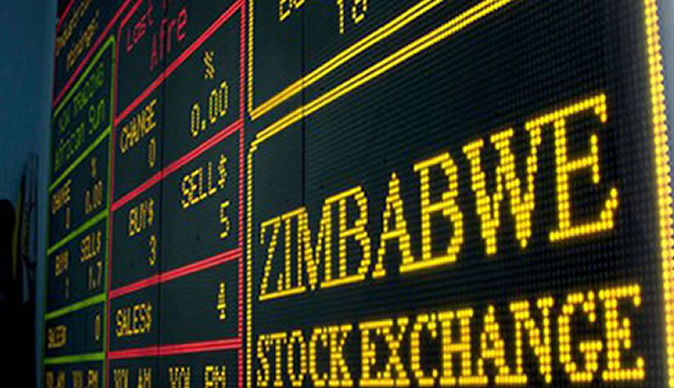


WEAK sentiments that prevailed on the Zimbabwe Stock Exchange (ZSE) this month resulted to the market recording its biggest fall in October since January.
The bearish trend has been worsened by the miniscule funding that is available on the market and intense money market illiquidity. Analysts said some investors were taking positions ahead of anticipated developments such as the outcome of conflicts in Zanu PF and its congress scheduled for December. The conflicts have resulted to policy makers concentrating more on their political survival leaving the economy on auto-pilot.
According to figures from ZSE the market recorded its biggest monthly fall this year after it tumbled -8,89 percent in October, surpassing the previous record loss of -7,13 percent recorded in March.
Minings index suffered its second biggest monthly fall after it lost 24,12 percent, slightly below the previous 2014 monthly record loss of 24,79 percent which was also recorded in March. October’s overall turnover of US$28,2 million though low was however higher than the previous low of US$25,2 million recorded in July this year Financial results and annual general meeting held during the month failed to stimulate positive activities on the stock market.
Traditionally, before annual corporate results are released, investors take positions in those stocks with the potential to report strong earnings. This usually triggers increased activity on the stock market, driving share prices and demand by foreign and local investors. The situation has changed as the liquidity strife continued to punish the market, leading to fatigue on the ZSE.
A total 38 stocks closed in the red on the ZSE last month, with 12 of them recording losses above 20 percent. Some influential players on the market, especially insurance companies, have been concentrating on meeting their minimum capital requirements instead of growing their portfolios.
Consequently, the flurry of financial results released this year and political activities have failed to generate excitement on the stock market. The ZSE has been driven by foreign investors whose participation rose from 23 percent in 2010 to 36 percent in 2011, 39 percent in 2012 and 41 percent last year. Analysts are projecting foreigners participation to be close to 50 percent by year end.
“We retain our position that these figures continue to be severely understated and believe that the contribution of foreign turnover is significantly higher given the clear dearth in local liquidity,” a fund manager said.
Sorry. No data so far.


